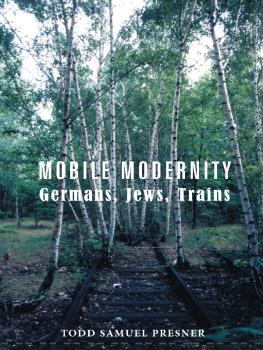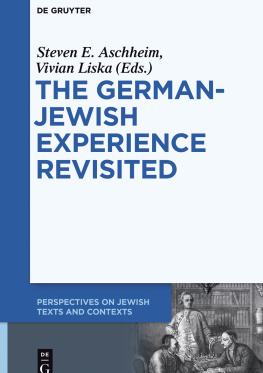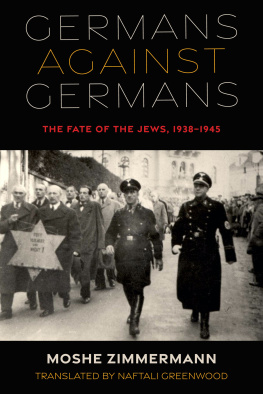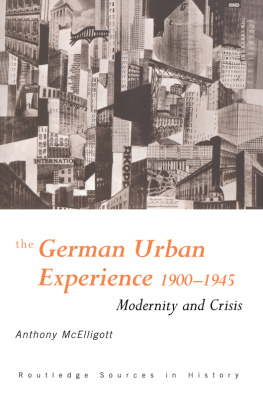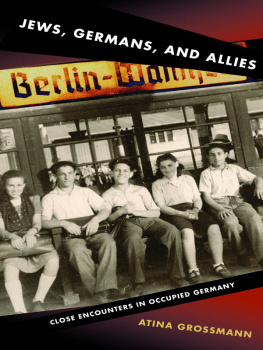MOBILE MODERNITY
CULTURES OF HISTORY
CULTURES OF HISTORY
Nicholas Dirks, series sditor
The death of history, reported at the end of the twentieth century, was clearly premature. It has become a hotly contested battleground in struggles over identity, citizenship, and claims of recognition and rights. Each new national history proclaims itself as ancient and universal, while the contingent character of its focus raises questions about the universality and objectivity of any historical tradition. Globalization and the American hegemony have created cultural, social, local, and national backlashes. Cultures of History is a new series of books that investigates the forms, understandings, genres, and histories of history, taking history as the primary text of modern life and the foundational basis for state, society, and nation.
SHAIL MAYARAM
Against History, Against State: Counterperspectives from the Margins
TAPATI GUHA-THAKURTA
Monuments, Objects, Histories: Institutions of Art in Colonial and Postcolonial India
CHARLES HIRSCHKIND
The Ethical Soundscape: Cassette Sermons and Islamic Counterpublics
MOBILE MODERNITY

Germans, Jews, Trains
TODD SAMUEL PRESNER
COLUMBIA UNIVERSITY PRESS NEW YORK

Columbia University Press
Publishers Since 1893
New York Chichester, West Sussex
cup.columbia.edu
Copyright 2007 Columbia University Press
All rights reserved
E-ISBN 978-0-231-51158-2
Library of Congress Cataloging-in-Publication Data
Presner, Todd Samuel.
Mobile modernity : Germans, Jews, trains / Todd Samuel Presner.
p. cm.(Cultures of history)
Includes bibliographical references and index.
ISBN13 978-0-231-14012-6ISBN10 0-231-14012-6 (cloth : alk. paper)
ISBN 0-231-51158-2 (ebook)
1. JewsGermanyIntellectual life19th century.
2. JewsGermanyIntellectual life20th century.
3. JewsGermanyIdentity. 4. JewsCultural assimilationGermany.
5. German literatureJewish authorsHistory and criticism.
6. Technologysocial aspects. 7. Technology and civilization. I. title. II. Series.
DS135.G33P67 2007
303.48'20943dc22
2006029198
A Columbia University Press E-book.
CUP would be pleased to hear about your reading experience with this e-book at .
For Hinrich
CONTENTS
THIS PROJECT BEGAN among the ruined railway stations of Berlin in the fall of 1996. It ended more than a decade later in Los Angeles after having traveled on tracksboth literal and intellectualwhich led me across several academic disciplines, languages, and homes. In between, I had the fortune of meeting many extraordinary people who helped shape my ideas and hone my arguments. I would like to express my gratitude to those who have embarked on this journey with me.
Let me begin in the present. I would like to thank my departmental colleagues at UCLA, especially Jim Schultz and Andrew Hewitt, for their serious engagement with my work. I would also like to thank Carol Bakhos, Gil Hochberg, Eleanor Kaufman, David Myers, Ken Reinhard, and Mark Seltzer, who have all listened to or read various parts of the railway project. Over the years, I have had the pleasure of presenting parts of this book at various conferences, including many of the annual meetings of the German Studies Association. I have greatly benefited by the comments and critiques of my colleagues in the field. Foremost among these, I would like to thank Julia Hell, who has generously offered me numerous forums for presenting my work over the years and who has been one of my most critically engaged interlocutors. My thinking on Sebald, Freud, Arendt, and Heidegger is imprinted by her intellectual friendship. I would also like to single out Leslie Adelson, Kevin Amidon, Esther Gabara, Bluma Goldstein, Atina Grossman, Andreas Huyssen, Pamela Lee, John Maciuika, Frank Mecklenburg, Leslie Morris, Jeffrey Peck, Andy Rabinbach, Gabriella Safran, Scott Spector, Benjamin Ward, Liliane Weissberg, Meike Werner, and Meg Worley for their support of my work and their constructive critiques of my ideas.
At Stanford this project took shape with the tremendous support of Russell Berman, Steven Zipperstein, John Felstiner, Valentin Mudimbe, Hayden White, Jeffrey Schnapp, Sepp Gumbrecht, and Amir Eshel. I thank Russell for prompting me to return to literature before theory; I thank Steven for sharing his fascination with railway maps in the East; I thank John for teaching me to listen to Celan; I thank Valentin for teaching me continental philosophy; I thank Hayden for pushing me to develop a theory of history; I thank Jeffrey for modeling a rigorously interdisciplinary practice of material history; I thank Sepp for the productivity and futurity of the German-Jewish dialectic itself; and, finally, I thank Amir for his unflagging support of my intellectual work and his genuine friendship. This book owes a significant debt to Amir for his gift of conversation over the years.
I would like to thank Jonathan Hess for his extraordinarily detailed reading of the entire manuscript and his remarkable openness to my project. His critiques of the penultimate draft helped me significantly improve the final version. Of course, any errors or shortcomings are entirely my own. Finally, I thank my editors at Columbia University Press, Jennifer Crewe and Susan Pensak, for their wisdom guiding this project through publication.
Over the years my family has been wonderfully supportive of all my work and sharedsometimes vicariously, sometimes among the very ruinsin the intellectual excitement of this project. I thank my brother Brad and his wife Kiesha for always helping me keep it real; I thank my parents, Harvey and Susan, for their patience, support, and faith in my academic work; I thank my grandmother, Bess, who passed away my first year at UCLA, for her genuine openness and sensitivity. She also taught me the joy of Yiddish. And I thank my life partner, Jaime, who has traveled alongside me from the very first day that I embarked on this project and has been there in ways that I cannot even describe. This project would not have been possible without his tireless support and love. Thank you, Jaime.
My book is dedicated to Hinrich Seeba, for it is his project as much as it is mine. I first met Hinrich in the winter of 1997 as a student in his Berlin Cityscape graduate seminar at Berkeley. I had just returned from Berlins Brach-Gelnde. We shared our enthusiasm for Berlin and for a new kind of German/Jewish cultural studies. Over the years that followed, I would come to know him as a magnanimous mentor and true intellectual beacon who modeled the kind of Kulturkritik I hoped to write. He embodied the values I hopedand still hopeto emulate. I have followed, with only some success, in his footsteps.

Earlier versions of three of the chapters were previously published. was published as The Fabrication of Corpses: Heidegger, Arendt, and the Modernity of Mass Death, Telos 135 (Summer 2006): 84-108. It is reprinted with permission of Telos Press.
The onlookers go rigid when the train goes past. Franz Kafka, 1910
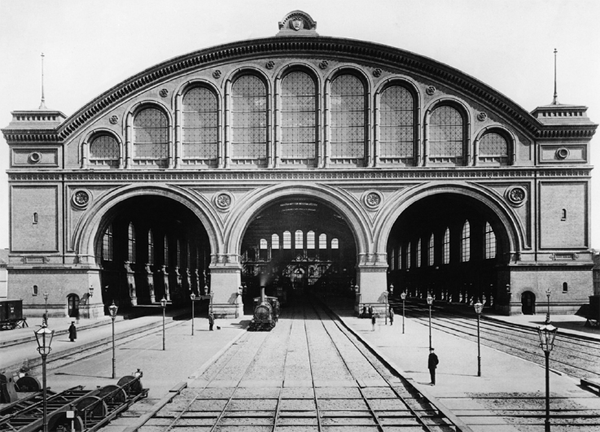
1.1 Franz Schwechten, Anhalter Bahnhof, Berlin (1881). Courtesy of the Granger Collection, New York
AS THE TERMINUS of the first major, long-distance railway line to open in a German state, the Anhalter Bahnhof has always had more than just an incidental connection to the city of Berlin and its liminal geography as a point of entry to eastern, western, and southern Europe. From the moment it opened in 1840 until its destruction more than a hundred years later, the station served as a testament to the dizzying arrival and violent departure of German/Jewish modernity. In its built forms one could discern the triumph of technologies of modernization, the emergence of Prussian expansionism, the national hopes invested in a unified Germany, the primacy placed on transcendent size and speed, the ideals of cosmopolitanism coupled with fears of transmigration, the reality of an interconnected world of commerce and material exchange, and this worlds destructive capacities. Even in its present ruin it is a witness to both the volatility of the twentieth century and the hopes and fears of the nineteenth. Its history runs straight through German/Jewish modernity, and, recursively, the history of German/Jewish modernity runs straight through its history.
Next page
